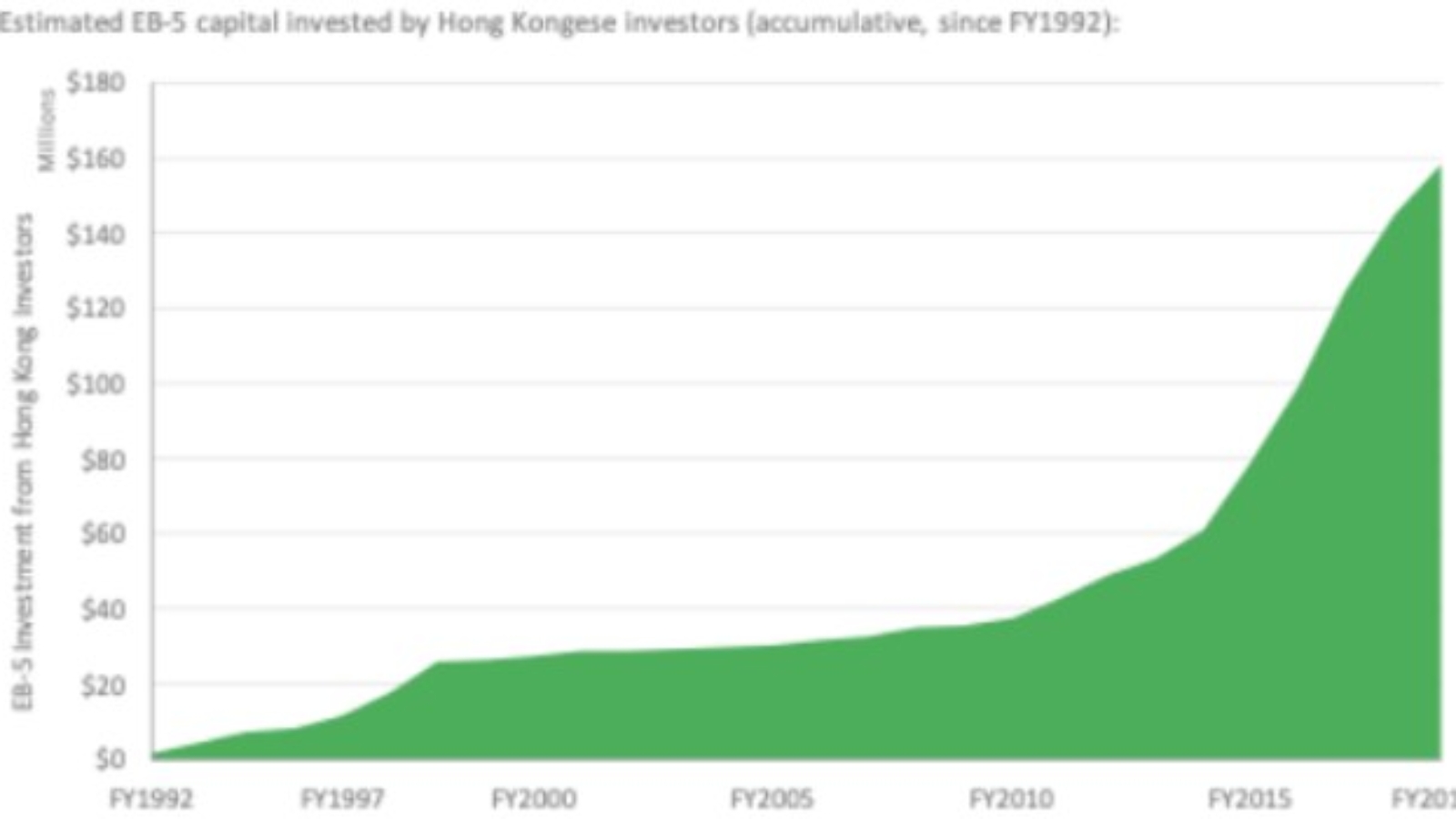The notion of a qualified investor is an important concept in Hong Kong’s financial industry. In simple terms, a qualified investor is an individual or institution that is deemed to have sufficient knowledge and experience in financial matters to be able to evaluate the risks and merits of investing in certain financial products. This article will delve deeper into the notion of qualified investors in Hong Kong and why it is relevant to both investors and financial institutions.
Who is Considered a Qualified Investor in Hong Kong?
In Hong Kong, a qualified investor is defined by the Securities and Futures Ordinance (SFO). According to the SFO, a qualified investor can be one of the following:
- An individual with a portfolio of at least HKD 8 million (approximately USD 1 million) or its foreign currency equivalent.
- A corporation or partnership with either a portfolio of at least HKD 8 million or total assets of at least HKD 40 million (approximately USD 5 million).
- A trust corporation with total assets of at least HKD 40 million.
- A financial institution that is authorized or regulated by a recognized regulatory body.
- A high-net-worth individual with a minimum annual income of at least HKD 1.5 million (approximately USD 200,000) or a net asset value of at least HKD 15 million (approximately USD 2 million).
Why is the Notion of Qualified Investors Relevant in Hong Kong?
The notion of a qualified investor is relevant in Hong Kong for several reasons. First and foremost, it helps to protect investors by ensuring that they have the necessary knowledge and experience to evaluate the risks and merits of investing in certain financial products. This is especially important for complex financial products that are not suitable for all investors.
Secondly, the notion of qualified investors is relevant for financial institutions. Financial institutions are required to ensure that their clients are qualified investors before they offer certain financial products to them. This helps to protect financial institutions from potential legal and regulatory risks that may arise if they offer these products to unsuitable investors.
Finally, the notion of qualified investors is relevant for the overall stability of the financial system. By ensuring that only qualified investors invest in certain financial products, the risk of systemic failures is reduced, which benefits the entire financial system.
How to Become a Qualified Investor in Hong Kong?
Individuals and institutions can become qualified investors in Hong Kong by meeting the criteria outlined in the SFO. For example, individuals can become qualified investors by having a minimum net asset value or minimum annual income, while corporations and partnerships can become qualified investors by having a minimum portfolio size or total assets.
It’s worth noting that becoming a qualified investor is not the same as being a sophisticated investor. While a qualified investor is deemed to have sufficient knowledge and experience to evaluate the risks and merits of investing in certain financial products, a sophisticated investor has a higher level of knowledge and experience.
Conclusion
The notion of a qualified investor is an important concept in Hong Kong’s financial industry. By ensuring that investors have the necessary knowledge and experience to evaluate the risks and merits of investing in certain financial products, the risk of financial losses is reduced. Financial institutions also benefit from the notion of qualified investors by reducing their legal and regulatory risks. Overall, the notion of qualified investors helps to promote a stable and well-functioning financial system in Hong Kong.




